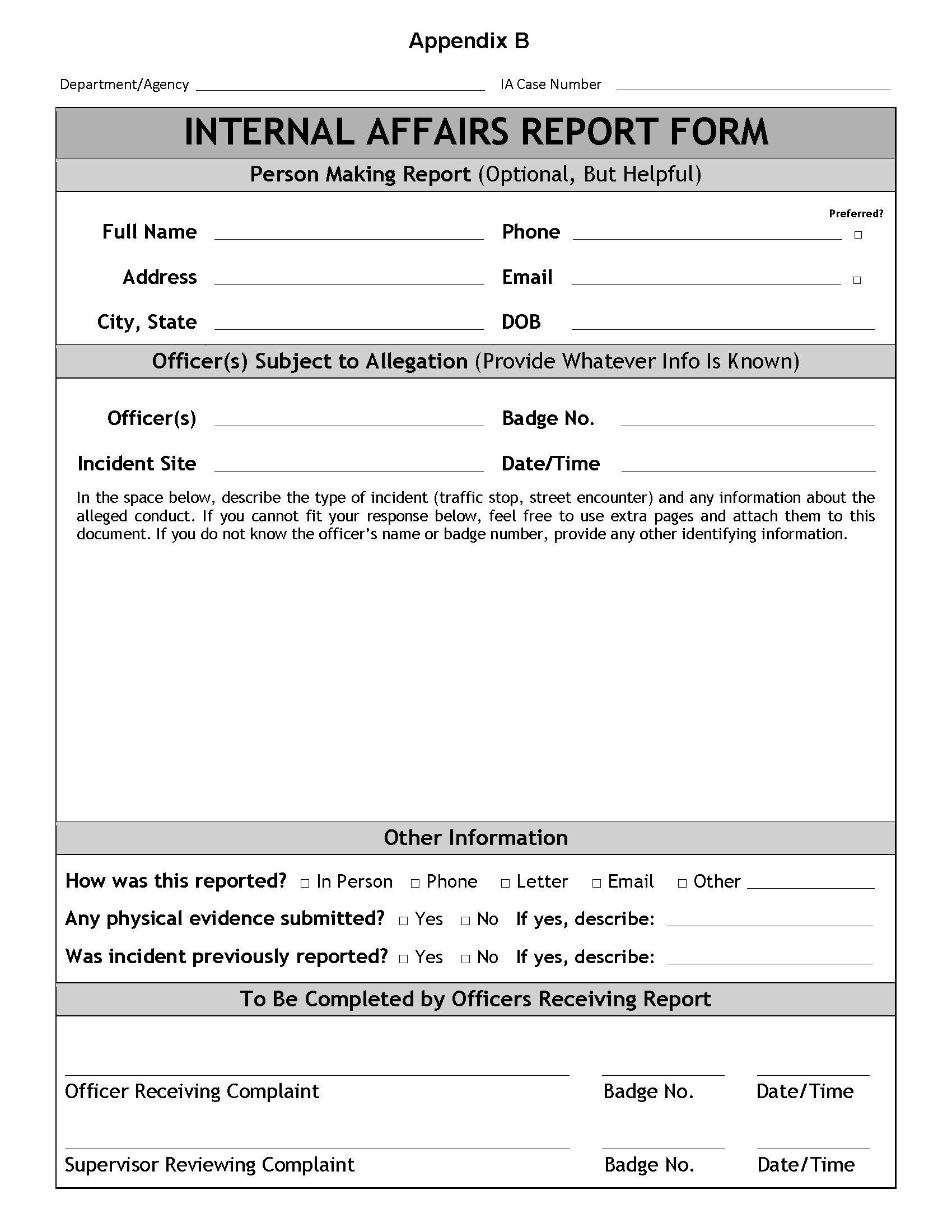Training Day, a gritty and compelling film that hit screens years ago, still sparks intense conversations among movie enthusiasts. Its raw portrayal of a single day in the life of two Los Angeles police officers has captivated many, leading to endless discussions about its characters and their true intentions. One question, perhaps more than any other, keeps popping up when people talk about this powerful movie: Was Jake Hoyt, the fresh-faced rookie played by Ethan Hawke, secretly working for internal affairs?
This idea has circulated for a very long time, fueling debates in online forums and among groups of friends who just love to pick apart a good story. It's a theory that adds another layer of intrigue to an already complex narrative, making viewers wonder if there was more to Jake than met the eye. The film, you know, really makes you think about right and wrong, and who you can truly trust.
Exploring this popular fan theory means we get to dig into the movie's moments, looking for clues and hints that might support or disprove the idea. We'll consider Jake's actions, his reactions to Denzel Washington's Alonzo Harris, and the overall feel of the story. So, let's get into it and see if we can shed some light on this fascinating question that, as a matter of fact, still gets people talking.
- Toddler Running Png
- Great Pyrenees Australian Shepherd Mix
- Verified Gfx
- Yu Persona Shrug
- We Must Be Better Men Meme
Table of Contents
- About Jake Gyllenhaal: A Brief Look at Another Hollywood Jake
- Training Day: A Gripping Look at Justice
- The Persistent Question: Was Jake Internal Affairs?
- Arguments Supporting the Theory: Clues and Hints
- Arguments Against the Theory: Why It Might Not Be True
- Why the Theory Continues to Captivate
- The Film's Actual Ending and Its Meaning
- Frequently Asked Questions
About Jake Gyllenhaal: A Brief Look at Another Hollywood Jake
Before we get into the movie's mystery, let's briefly look at another famous "Jake" in Hollywood, as his name sometimes comes up in general discussions about actors. This is, of course, Jake Gyllenhaal, a very well-known American actor. He has, as a matter of fact, really made a name for himself with his intense and committed portrayals of many different characters on both the screen and the stage. He's been working for over thirty years, which is quite a long time, you know.
Jake Gyllenhaal, born Jacob Benjamin Gyllenhaal, came into the world on December 19, 1980, in Los Angeles, California. His family has deep roots in the film industry; his mother, Naomi Foner, is a producer and screenwriter, and his father, Stephen Gyllenhaal, is a director. This background, you know, probably gave him a pretty good start in the business. He's an acclaimed actor, honestly, known for films like Brokeback Mountain, and many people recognize him from movies such as Donnie Darko. His talent and dedication, as a matter of fact, continue to really grab the attention of both audiences and critics, making sure he has a lasting presence in the film world.
He's often in the news, sometimes for his personal life, like who he might be dating, or for his upcoming projects. For instance, Jake Gyllenhaal and Sabrina Carpenter were recently slated for SNL's Season 49 finale, which is pretty big news, you know, showing his continued relevance. He's known for his intensity, and that's something people really appreciate in his performances. I mean, he's just got that kind of presence, you know?
Personal Details: Jake Gyllenhaal
| Full Name | Jacob Benjamin Gyllenhaal |
| Born | December 19, 1980 |
| Birthplace | Los Angeles, California, USA |
| Parents | Naomi Foner (Producer/Screenwriter), Stephen Gyllenhaal (Director) |
| Known For | Intense and committed character portrayals, films like Brokeback Mountain, Donnie Darko |
| Career Length | Over 30 years |
Training Day: A Gripping Look at Justice
Training Day, released in 2001, quickly became a landmark film. It throws viewers right into the harsh realities of policing in a tough Los Angeles neighborhood, all seen through the eyes of a rookie officer on his very first day. Ethan Hawke plays Jake Hoyt, a hopeful new cop who wants to do things by the book. He's paired with Alonzo Harris, a veteran detective played by Denzel Washington, who is, you know, anything but by the book. Alonzo shows Jake a world where the lines between right and wrong are blurred, or perhaps, completely erased.
The movie is, in a way, a master class in tension. From the moment Jake steps into Alonzo's car, you can feel the pressure building. Alonzo, you see, operates by his own set of rules, often bending or breaking the law to achieve what he believes is justice, or maybe just to serve his own ends. This creates a deeply unsettling journey for Jake, and for us, the people watching. The film really makes you question what you'd do in those situations, and how far you'd go to stick to your principles. It's a very, very powerful story about corruption and choice, and that's why it sticks with people.
Denzel Washington's performance as Alonzo was, as a matter of fact, so compelling that it earned him an Academy Award for Best Actor. His portrayal of a charismatic yet deeply corrupt officer is absolutely unforgettable. Ethan Hawke, too, delivers a strong performance, showing Jake's struggle to keep his moral compass straight amidst the chaos. The film's lasting impact is due to its unflinching look at difficult topics and its powerful acting, which really pulls you in. It's a movie that, you know, stays with you long after the credits roll.
The Persistent Question: Was Jake Internal Affairs?
The idea that Jake Hoyt was actually an undercover internal affairs agent has been a popular theory for years. People who believe this theory look at Jake's actions and reactions throughout the movie and see them as evidence of a deeper, hidden mission. They suggest that his seemingly naive questions and his refusal to fully go along with Alonzo's corrupt ways weren't just about his personal integrity. Instead, they argue, these were calculated moves by someone gathering evidence. It's a pretty compelling thought, honestly, that adds a whole new layer to the story.
This theory, you know, suggests that Jake wasn't just a rookie getting a rough introduction to the streets. Instead, he was a mole, sent in to expose Alonzo's criminal activities. The thought is that his "training day" was really an elaborate sting operation, with Jake at its center. This would explain why he seemed to resist Alonzo's influence more than a typical rookie might, and why he kept pushing back against the illegal acts he witnessed. It's a way of looking at the film that, in some respects, makes sense of some of the more puzzling moments, or at least, offers an interesting alternative.
Many viewers feel that Jake's survival and his ultimate triumph over Alonzo at the end of the film are just too convenient for a regular rookie. They believe that his background or some hidden support must have been at play. This kind of thinking is what keeps the theory alive, as people look for explanations that fit their sense of how the story should unfold. It's a testament to the film's complexity that, as a matter of fact, it can inspire such detailed and enduring speculation among its audience.
Arguments Supporting the Theory: Clues and Hints
Those who believe Jake was an internal affairs agent point to several moments in the film as proof. These moments, they argue, show a level of cunning and preparation that goes beyond a simple rookie trying to survive a tough day. It's almost like, you know, he knew what he was getting into, or at least had a plan. Let's look at some of the key points that proponents of this theory often bring up.
Jake's Unwavering Morality
One of the strongest pieces of evidence for the theory is Jake's consistent moral stand. Despite being pressured, threatened, and nearly killed by Alonzo, Jake never fully gives in to the corruption. He refuses to smoke the laced pot, he tries to protect the young girl, and he ultimately confronts Alonzo. Supporters of the theory say this isn't just a rookie's idealism; it's the calculated resolve of an agent who knows they can't compromise their mission. A typical rookie, they suggest, might have broken under the immense pressure, but Jake, you know, really held his ground.
His refusal to participate in the drug deal, for instance, seems to go against the idea of a rookie trying to blend in and learn the ropes. Why would he risk upsetting a powerful, dangerous detective like Alonzo unless he had a bigger goal in mind? This steadfastness, arguably, suggests a pre-existing commitment to justice that goes beyond simply being a good person. It's a very striking aspect of his character, and one that, in some respects, stands out quite a bit.
The Unexpected Survival
Jake's ability to survive the day, especially the final confrontation with Alonzo, seems almost too lucky for some viewers. He manages to escape dangerous situations that would likely be fatal for an unprepared individual. The theory suggests that he either had backup waiting, or he was trained to handle these kinds of high-stakes scenarios. It's almost as if, you know, he had a guardian angel, or maybe, a very specific set of skills. His survival, as a matter of fact, feels less like luck and more like part of a plan.
Consider the scene where Jake is left to be killed by the Russian mob. He manages to escape and even turn the tables, which feels like a pretty big feat for someone with no prior experience in such intense situations. This, proponents argue, points to a level of training or prior knowledge that a simple rookie wouldn't possess. It's a moment that, you know, really makes you wonder about his true capabilities.
His Quick Thinking in Tight Spots
Throughout the day, Jake shows flashes of intelligence and quick thinking that seem advanced for a new recruit. He figures out Alonzo's schemes, and he makes smart decisions under extreme duress. For example, he takes the money from Alonzo's house, knowing it's the only way to get the upper hand. This isn't just instinct, some argue; it's the strategic thinking of someone who's been trained for covert operations. He's, you know, really good at thinking on his feet when things get tough.
His ability to outsmart Alonzo in the final moments, especially when he uses the money as leverage, is another key point. How could a rookie, after such a terrifying and confusing day, suddenly become so sharp and effective? This suggests to many that Jake was always a step ahead, perhaps because he was gathering information all along. It's a pretty powerful argument, honestly, that makes you reconsider everything you thought you knew about his character.
Arguments Against the Theory: Why It Might Not Be True
While the internal affairs theory is compelling, there are also strong arguments against it. Many viewers and, you know, even the filmmakers themselves, suggest that Jake's journey is much simpler: he's just a good person trying to do the right thing in a very bad situation. Let's look at why the theory might not hold up when you really think about it.
The Director's Perspective
Antoine Fuqua, the director of Training Day, has, as a matter of fact, pretty much stated that Jake was not an internal affairs agent. He intended for Jake to be a genuine rookie, a morally upright character who simply gets caught in a corrupt system. This perspective from the person who created the film is, you know, a pretty significant piece of information. If the director didn't intend it, then the theory loses a lot of its weight, arguably.
Fuqua's vision was to show a good cop's first day turn into a nightmare, highlighting the extreme pressures and temptations of the job. Jake's struggle is meant to be authentic, a real test of his character, not a pre-planned operation. This interpretation suggests that Jake's actions are simply the result of his strong moral compass and his will to survive, rather than a hidden agenda. It's a very straightforward reading of the story, you know, and one that makes a lot of sense.
Jake's Genuine Fear and Confusion
Throughout the film, Jake displays clear signs of fear, confusion, and genuine distress. His reactions seem very real for someone experiencing such a horrifying day for the first time. If he were an internal affairs agent, he would likely be more composed and less visibly shaken. His terror, you know, seems pretty authentic, especially in those really intense moments.
Consider his panic when Alonzo first starts breaking the rules, or his desperation when he's left in the alley. These are not the reactions of a trained operative who is in control of the situation. They are, rather, the reactions of someone truly overwhelmed and scared. This emotional vulnerability, in some respects, makes it harder to believe he was secretly on a mission. It just doesn't quite fit with the idea of a seasoned undercover agent, you know?
The Impact of Alonzo
Alonzo Harris is a master manipulator. His goal is to break Jake, to make him compromise his values, and to turn him into another cog in his corrupt machine. Jake's resistance, therefore, can be seen as a powerful statement about his character, not a sign of a hidden identity. Alonzo's influence is, you know, incredibly strong, and Jake's ability to resist it speaks volumes about his inner strength.
The entire film is structured as a test for Jake. Alonzo is trying to see how far he can push the rookie, how much he can corrupt him. Jake's ultimate victory is a triumph of good over evil within the narrative, showing that even in the darkest corners, integrity can survive. This interpretation suggests that the story is about Jake's personal growth and his refusal to succumb to temptation, making the internal affairs theory, arguably, unnecessary to the film's core message. It's really about his journey, you know, and how he handles all that pressure.
Why the Theory Continues to Captivate
Even with arguments against it, the "Jake was internal affairs" theory still holds a strong appeal for many. Why is that? Part of it comes from the film's open-ended nature and its complex characters. Training Day doesn't spoon-feed its audience all the answers; it leaves room for interpretation, and that's something people really enjoy. When a movie makes you think, you know, it tends to stick with you.
Another reason is the human desire for a deeper meaning or a hidden twist. People love to uncover secrets, and the idea that Jake had a secret mission makes the story even more intriguing. It adds a layer of cleverness that wasn't immediately obvious, making viewers feel smart for having "figured it out." This kind of speculation is, as a matter of fact, a common part of engaging with powerful cinema. It's like a puzzle, and people just love to solve it.
Also, the theory offers a more satisfying explanation for Jake's survival and success to some. It can be hard to believe that a simple rookie could overcome such a seasoned and dangerous criminal like Alonzo. The internal affairs angle provides a logical, if unconfirmed, reason for Jake's improbable triumph. It just feels, you know, a little more plausible to some people, given the extreme circumstances. It gives the narrative a kind of neatness, in some respects, that people appreciate.
The Film's Actual Ending and Its Meaning
Regardless of the internal affairs theory, the film's ending delivers a powerful message. Jake, a rookie who faced an incredibly corrupt system, manages to expose Alonzo and survive. He doesn't become like Alonzo; he holds onto his principles, even when it costs him dearly. This is, you know, a very strong statement about personal integrity and the possibility of redemption, even in the darkest of places.
The ending shows Jake, still shaken but alive, walking away from the chaos. He has, in a way, been through a trial by fire and emerged, not unscathed, but with his moral compass intact. The film suggests that true justice isn't always found within the system, but sometimes, it has to be fought for by individuals willing to stand up against corruption. It's a very stark and honest look at what it takes to do the right thing, even when it's incredibly hard, you know.
The final scene, with Jake walking down the street, is a symbol of his survival and his decision to remain a good cop. It's a hopeful note, suggesting that even one person can make a difference against overwhelming odds. The movie, as a matter of fact, leaves us with the idea that Jake's actions, born out of desperation and a deep sense of right, were enough to bring down a powerful, corrupt figure. It's a truly memorable finish that, you know, stays with you for a long time.
Frequently Asked Questions
What happens to Jake at the end of Training Day?
At the end of Training Day, Jake Hoyt, after a terrifying and dangerous day, manages to expose Alonzo Harris's corruption. He takes the money Alonzo stole from the Russian mob, uses it as evidence, and ultimately brings about Alonzo's downfall. Jake survives
- Wood Trellis 90 Inch
- Romanian Boy Names
- The Chariot Tarot Imagery
- Vinyl Stickers Lettering Wih Contact Paper
- Transparent Moca Aoba Gif


